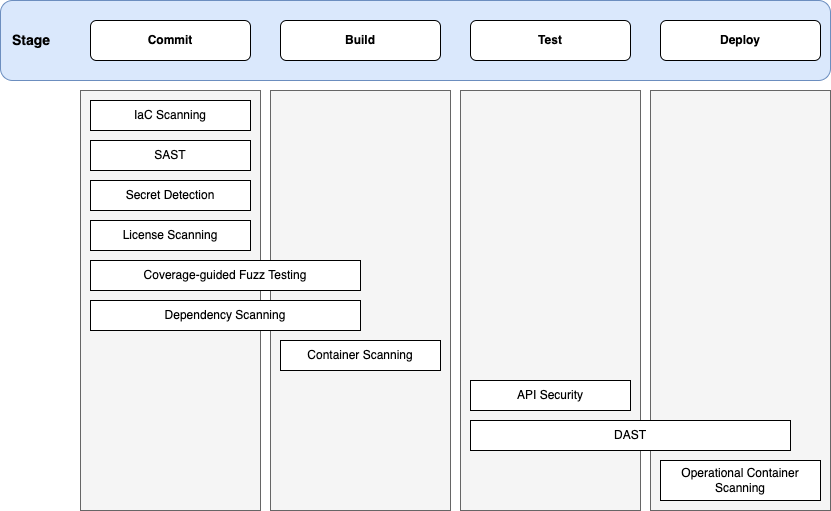Separation of Duties
Separation of Duties without the manual gatekeeping
Published: Thursday, Jan 19, 2023 Last modified: Friday, Jul 11, 2025
In large organisations https://en.wikipedia.org/wiki/Separation_of_duties kills productivity.
The dogma is:
No single team should have end to end access from code to production.
Dev should not deploy code to production.
Ops should not write code.
Why?
Separation of duties (SoD) is a key concept of internal controls, controls performed manually by different teams, e.g. “Dev” & “Ops”. Today, we have tools that can automate these controls and provide protections from fraud and errors.
Rise of DevOps
DevOps is a cultural movement that aims to bridge the gap between development and operations, to increase productivity. Combining software development (Dev) and IT operations (Ops) aims to shorten the systems development life cycle and provide continuous delivery with high software quality.
Though how are the controls enforced?
How do we prevent a rogue DevOps team member from deploying risky code or practices to production?
Automated checks & controls

Changes are made via a Merge Request, which is automatically tested by a CI/CD pipeline. The pipeline is configured to run tests, security scans, and other checks. If the pipeline fails, the MR is not merged. These checks prevents risky code from accepted.
- Another team member approves the MR, complete with automated reports, else it is not merged - eliminates rogue actor
- Ability to roll back (instant with Serverless) - derisk deployments
- Logs to a central account - accountability / auditability opportunities
- Platform Guardrails, like AWS Account controls such as: Control tower, SCPs, AWS Config
- Costing - drive resource efficiency

Further automations/checks can triggered from the logs, such as CloudTrail and CloudWatch.
Avoid these SoD smells (lack of automation)
- Gate keeping - teams must be empowered, that looks like having their own AWS account and being able to deploy their own application
- Network team needs to open a port for you - team with AWS account should conduct their own effective networking
- “Throwing things over the wall” - team should be able to handle everything themselves given the tools
- Separation of concerns! - this assumes that the team is not trusted and automation is not in place
- Ticket based infrastructure - team is not empowered to do what they need to do, e.g. they lack AdministratorAccess in their AWS account
- Not being allowed to view other repositories / gate keeping - teams needs to foster open collaboration
- Auto devops - this assumes the team isn’t capable of managing their build pipeline
- Audit - this assumes that the team is not trusted, checks are not in place and logging exports are not in place
- The Operations team will run it for you - for DevOps to work, the team needs to be trusted and use managed services like “Serverless” to deploy their application without fuss, “you build it, you run it”
- Not being allowed to access production data - ideally shouldn’t happen, but if it does, it’s logged.
Manual SoD, replaced by automation and working closer together
This is my AWS / 2023 interpretation of the CD-Friendly SoD procedures for Configuration outlined upon https://www.slideshare.net/sriramnrn/segregation-of-duties-and-continuous-delivery from slide 27, by my colleague Ram.
Best practices / tooling will evolve over time, though the idea is to remove manual gatekeeping checks via automation.
- AWS accounts provide controls out the box, use them!
- CI/CD pipeline providers like Github/Gitlab provide a lot of checking automations to opt in to.
- Communication tools like Slack make it easy for teams to foster open collaboration so that expertise can be shared & stakeholders can be kept in the loop.